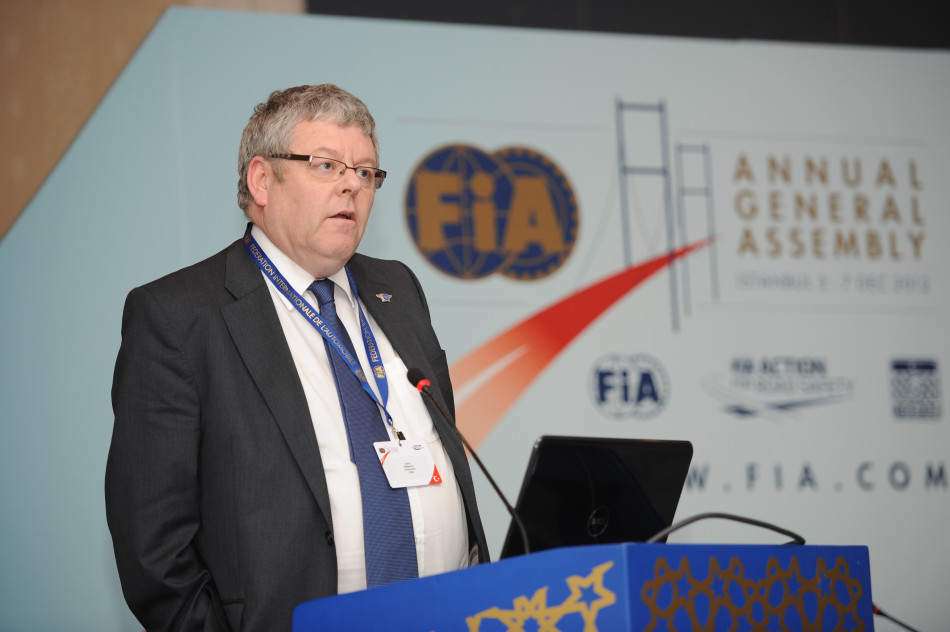FIA shares medical experience with IOC

Leading sports medicine professionals from the International Olympic Committee (IOC) and the Fédération Internationale de Motocyclisme (FIM) yesterday joined with experts from the FIA to share information on competitor and spectator care at the Medicine in Motor Sport Summit at the FIA’s Annual General Assembly in Istanbul.
Welcoming delegates from a range of disciplines, including physicians, engineers and technical personnel, FIA President Jean Todt said: “This is a very important meeting and I’m pleased to see such a strong medical presence here.
“Safety in motor sport has been developing in a good way,” he added. “Within the FIA we have instigated the Serious Accident Study Group, which is working very closely with experts around the world. We need to talk about safety at all levels, not only in the FIA’s international championships such as Formula One, WEC, rallying and touring cars but also starting at grass roots level. Much has been done so far but a lot remains to be done.”
Explaining the multi-disciplinary nature of the summit, and the presence of the guest speakers from the IOC and FIM, Gérard Saillant, President of the FIA Institute said: “This meeting is a new concept. Progress arises from sharing, sharing with the other members of the FIA family. We have to discuss these matters not only with physicians but also with all the managers of the FIA and with people not involved in motor sport.”
Following a morning session in which reports were heard on a number of international racing series, as well as reports on anti-doping, driver extrication and dealing with mass casualties at motor sport events, the afternoon began with addresses from IOC Medical Director Dr Patrick Schamasch and FIM Medical Director Dr David McManus.
Dr Schamasch outlined the medical structure of the Olympics paying particular attention to the Games’ aim of caring for both spectators and athletes. “Just as in motor sport it is important that the Olympic Games has well trained doctors and first aiders who can rapidly intervene and help our competitors,” he said.
Dr McManus explained the system of medical care in place at motorcycle world championship events and said that while the services provided by FIM at circuits used by the FIA are broadly similar, motorcycling has specific concerns that differentiate it from other forms of motor sport. Sharing this knowledge, he said, is key to the development of medical care in sport.
The summit concludes today with workshops on serious accident management, burns and other hazards, resuscitation and extrication. These will be followed by an emergency extrication demonstration at midday.

 Facebook
Facebook Twitter
Twitter






